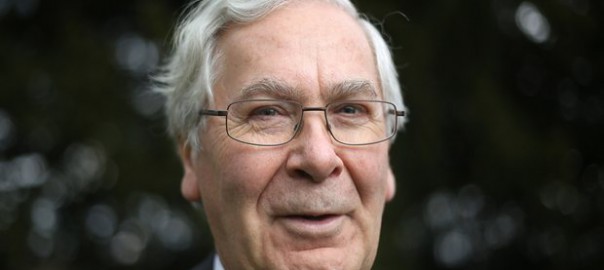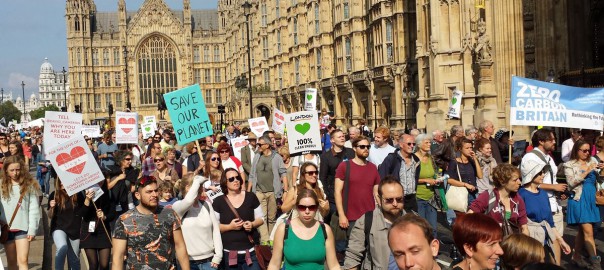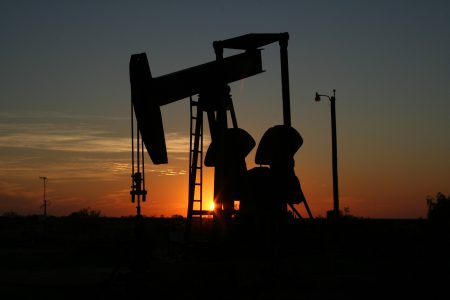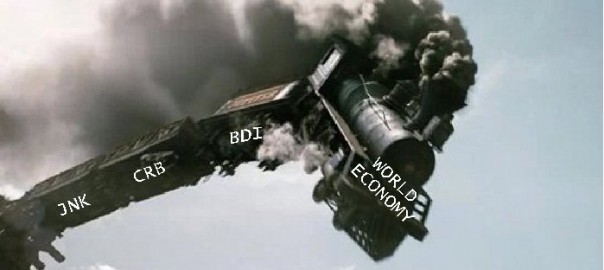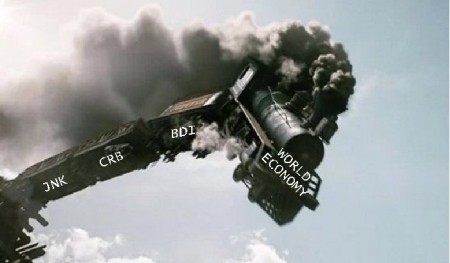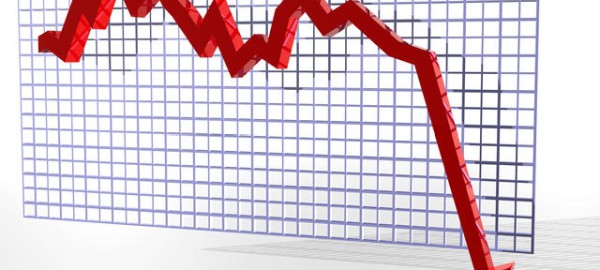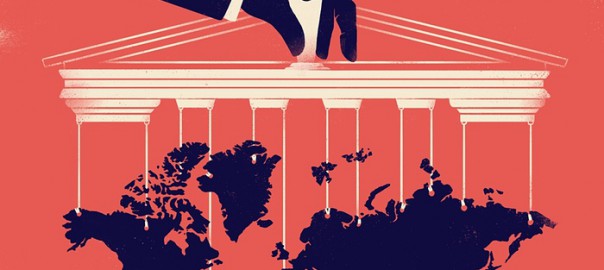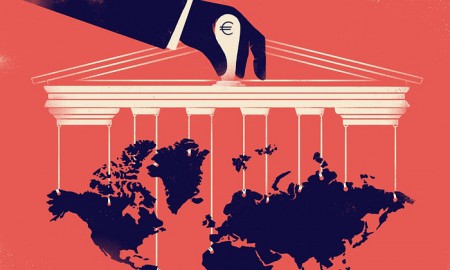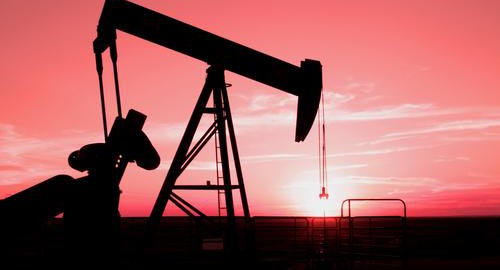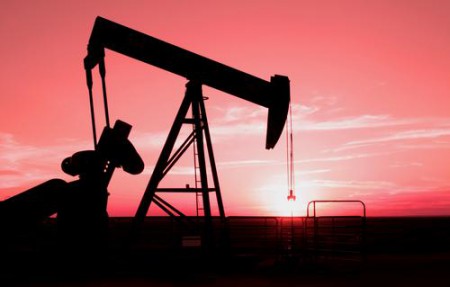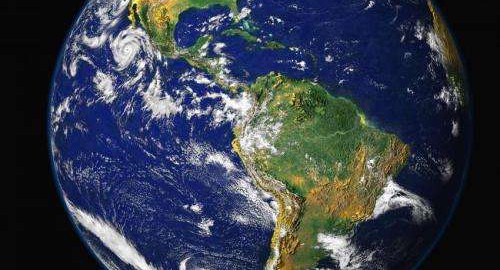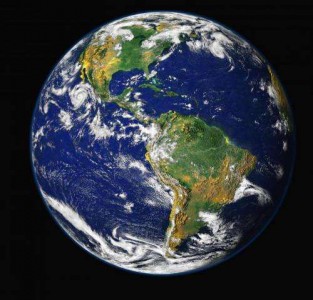The former Bank of England governor says in his new book that imbalances in the global economy makes a crash inevitable

Another financial crisis is “certain” and will come sooner rather than later, the former Bank of England governor has warned.
Mervyn King, who headed the bank between 2003 and 2013, believes the world economy will soon face another crash as regulators have failed to reform banking.
He has also claimed that the 2008 crisis was the fault of the financial system, not individual greedy bankers, in his new book, The End Of Alchemy: Money, Banking And The Future Of The Global Economy, serialised in The Telegraph.
“Without reform of the financial system, another crisis is certain, and the failure … to tackle the disequilibrium in the world economy makes it likely that it will come sooner rather than later,” Lord King wrote.
He added that global central banks were caught in a “prisoner’s dilemma” – unable to raise interest rates for fear of stifling the economic recovery, the newspaper reported.
A remark from a Chinese colleague who said the west had not got the hang of money and banking was the inspiration for his book.
Lord King, 67, said without understanding what caused the crash, politicians and bankers would be unable to prevent another, and lays the blame at the door of a broken financial system.
He said: “The crisis was a failure of a system, and the ideas that underpinned it, not of individual policymakers or bankers, incompetent and greedy though some of them undoubtedly were.”
Spending imbalances both within and between countries led to the crisis in 2008 and he believes a current disequilibrium will lead to the next.
To solve the problem, Lord King suggests raising productivity and boldly reforming the banking system.
He said:
“Only a fundamental rethink of how we, as a society, organise our system of money and banking will prevent a repetition of the crisis that we experienced in 2008.”
Lord King was in charge of the Bank of England when the credit crunch struck in 2007, leading to the collapse of Northern Rock and numerous other British lenders, including RBS, and has been criticised for failing to see the global financial crisis coming.
Source: The Guardian
